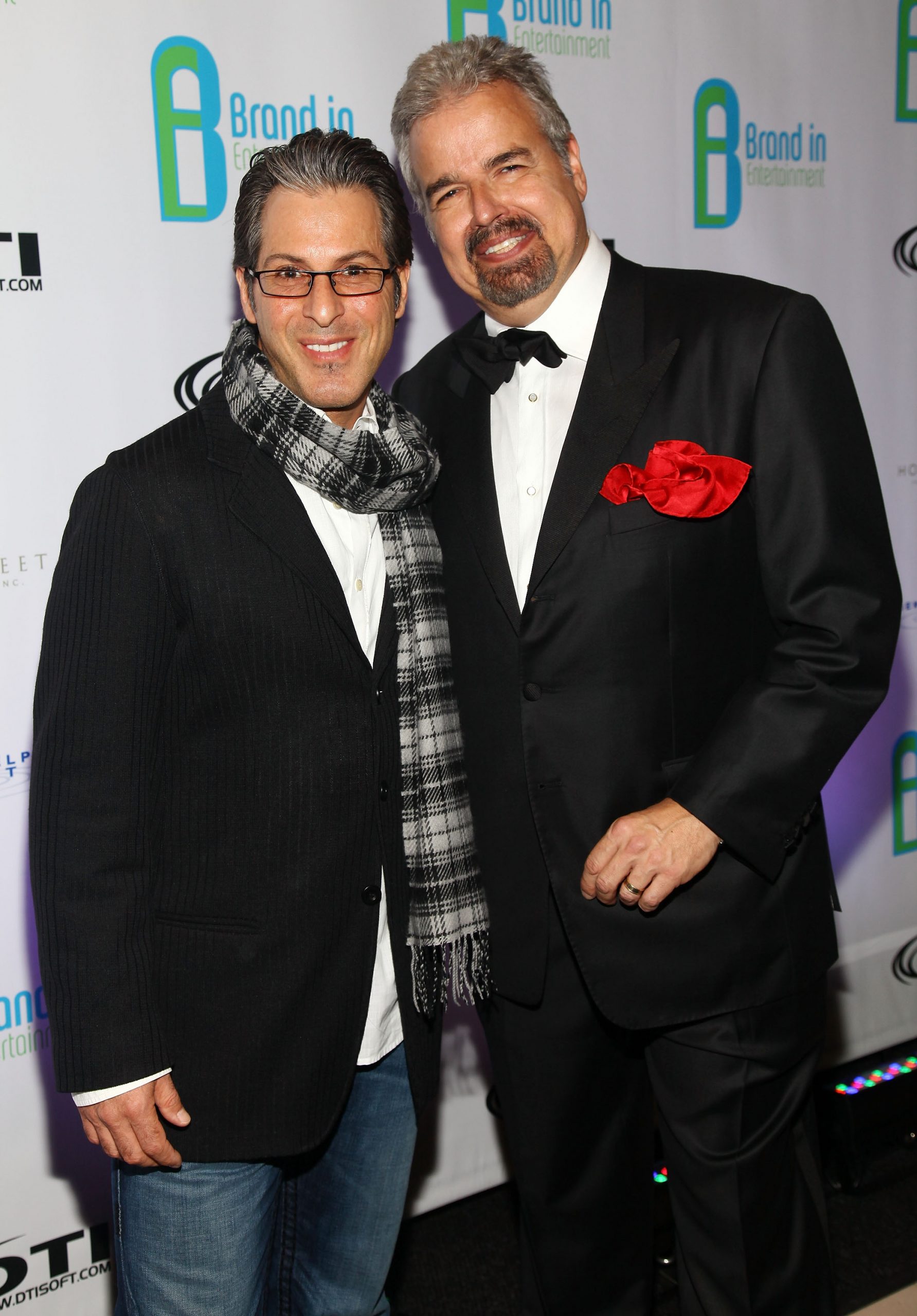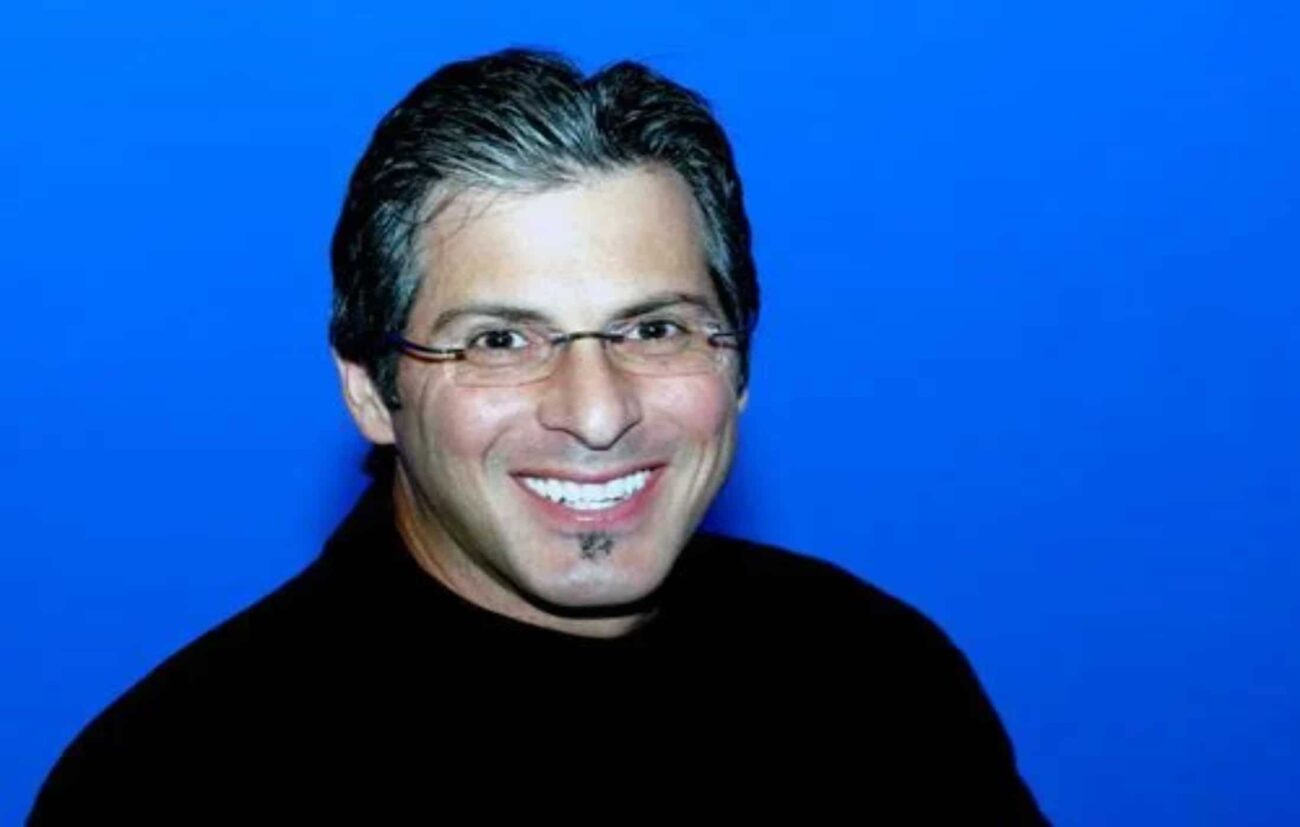Joey Greco: Beyond "Cheaters" - The Untold Story
Ever wondered about the orchestrated drama behind the scenes of reality television? The world of "Cheaters," with its staged confrontations and fabricated narratives, offers a fascinating glimpse into the blurring lines between reality and entertainment, exposing the secrets behind the infamous show and its host, Joey Greco.
Joey Greco, an American television personality, is primarily recognized for his role as the host of "Cheaters," a reality show that aired for ten seasons. The show, syndicated and widely watched, centered around exposing alleged infidelity, utilizing hidden cameras and confrontational tactics. While the series brought Greco considerable fame, it also embroiled him in controversies, most notably the infamous "stabbing" episode. The incident, which aired in 2003, saw Greco seemingly attacked on-air, adding a layer of manufactured drama to the already sensational program. However, the reality was far more complex than what appeared on television, leading to questions about the show's authenticity and the ethical boundaries of reality TV.
| Category | Details |
|---|---|
| Full Name | Joel Stephen Joey Greco |
| Birthplace | Long Island, NY |
| Date of Birth | (Information not publicly available) |
| Education | Bachelor of Arts in Psychology from Evangel University, Springfield, Missouri; Master's Degree (Specifics not publicly available) |
| Known For | Host of "Cheaters" |
| Career | Television personality, actor, former fitness instructor, counselor, real estate agent |
| Notable Works | "Cheaters" (Host, 2002-2012), Appearances in Films, TV shows and Commercials. |
| Personal Life | Known for his love of travel and adventure, has had numerous engagements. |
| Current Residence | Texas and California |
| Website | IMDB Profile |
Greco's career trajectory wasn't solely confined to the confines of "Cheaters." He dabbled in acting, appearing in various films and television shows. He also explored other ventures, including working as a real estate agent in Dallas and later in Texas and California. His educational background in psychology further provided him with skills he later utilized as a counselor, showcasing a diverse range of interests and experiences.
The "Cheaters" format was straightforward: individuals suspicious of their partners' fidelity would enlist the show's help. Private investigators, accompanied by camera crews, would then tail the suspected cheater, documenting their interactions with a third party. These encounters, captured in cars, bars, hotels, and other settings, were then presented to the accusing partner in a dramatic confrontation. The show's success was undeniable, captivating audiences for over two decades and solidifying its place in the pantheon of reality television.
The infamous stabbing incident, which took place during a boat-based confrontation, became a pivotal moment in "Cheaters'" history. While the incident appeared genuine on-screen, investigations later revealed that it was staged. The grand jury in Tarrant County indicted Greco and the episode's director, Hunter Carson, on charges related to the assault. While the show's producer insisted on the authenticity of the events, the revelations of staging cast a shadow of doubt over the entire premise of "Cheaters." The "stabbing" episode became a defining point, fueling discussions about the ethical implications of reality TV and the lengths to which producers would go to capture viewers' attention.
The mechanics of the show were fairly well-established. A client, suspecting infidelity, would reach out to "Cheaters." Private investigators would then be dispatched, accompanied by a camera crew, to gather evidence. Their tactics involved following the suspected cheater, documenting meetings with a third party, and capturing the encounters on tape. These recordings, often featuring intimate settings and potentially embarrassing moments, were then presented to the accusing partner, culminating in a confrontational scene.
The show was a breeding ground for the outrage and raw emotion. As the betrayed partner was confronted with the evidence, emotions ran high, sometimes resulting in physical altercations and shouting matches. The confrontational nature of "Cheaters" was a crucial element of its appeal, as it provided viewers with a dose of vicarious drama and often voyeuristic entertainment. The series tapped into the public fascination with betrayal and infidelity, which became a massive hit for the network. The shows long run, spanning over two decades, speaks volumes about its ability to captivate audiences, cementing its status in the cultural landscape.
The appeal of "Cheaters" extended beyond the core premise of exposing infidelity. The show provided a platform for examining the intricacies of human relationships. The format allowed viewers to observe the behaviors and interactions that transpired. The series also reflected certain cultural anxieties about trust, commitment, and the stability of the modern relationship. The success of Cheaters can also be attributed to its ability to generate buzz, the ability to stir conversations and become the talk of the town.
After leaving "Cheaters," Joey Greco embarked on new ventures. He explored his interest in acting, and he channeled his academic background in psychology, becoming a counselor. He transitioned into the realm of real estate, initially in Dallas, Texas, and later in California, showing a diverse skill set and a willingness to explore new opportunities. His career shift post-Cheaters underscored his adaptability and his pursuit of personal growth.
The show's impact on the cultural landscape is undeniable. "Cheaters" was a ratings success, influencing other reality shows. It popularized the use of hidden cameras and dramatic confrontations, helping to shape the conventions of the genre. The legacy of "Cheaters" is evident in the proliferation of similar programs that exploit the drama of relationship troubles for entertainment purposes.
Beyond the scandals and the manufactured drama, the series captured a specific moment in television history. The show highlighted the evolving nature of media consumption. The show's longevity and success can be attributed to its ability to adapt to the changing viewing habits of its audience. In 2022, the show found a new home on Pluto TV. The availability of "Cheaters" on streaming platforms and various digital platforms illustrates the enduring appeal of its content.
The influence of "Cheaters" on the realm of reality TV is readily apparent. The show's success paved the way for many similar programs. The popularity of the hidden camera format and the emphasis on confrontational scenes are all hallmarks of Cheaters. The show is a prime example of how reality TV can blur the lines between fact and fiction to create compelling television. The format continues to thrive as producers and networks continue to push the boundaries of the reality television genre.
The legacy of the show is complicated. It became a cultural phenomenon, igniting conversations about morality, infidelity, and the ethics of reality TV. The controversies, the staged events, and the exploitation of personal drama sparked a lively debate about the blurring lines between reality and entertainment. Grecos transformation from a show host to a real estate agent highlights the cyclical nature of fame and the continuous quest for reinvention that defines the careers of many TV personalities.
Ultimately, the story of Joey Greco and "Cheaters" is a fascinating exploration of ambition, fame, and the ever-changing landscape of media. It is a reflection of the public's fascination with the personal lives of others. It explores the enduring appeal of scandal, and the power of the entertainment industry to shape narratives. While the authenticity of many events on "Cheaters" has been brought into question, the show remains a compelling look at the human condition and the art of creating compelling television.


